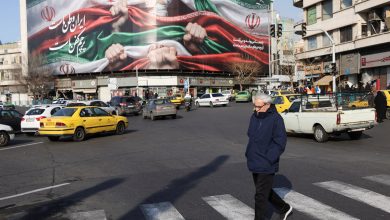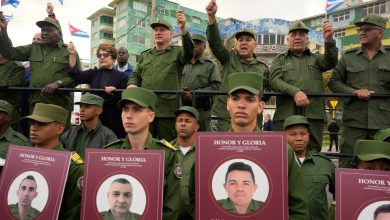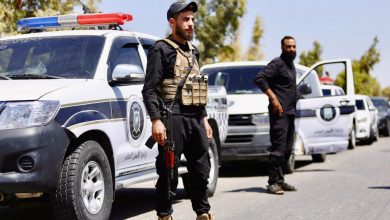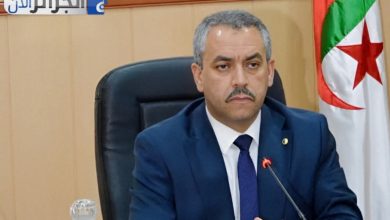Two people were killed and several others wounded late Wednesday night in southern Morocco after security forces opened fire on protesters attempting to storm a gendarmerie barracks. The incident, which the Moroccan authorities labeled as an attack aimed at seizing weapons and ammunition, represents the most violent escalation since the start of nationwide demonstrations led by the youth movement known as “Gen Z 212”.
According to official Moroccan sources, the clashes erupted in the town of El Qleaa near Inezgane, when protesters—initially demanding education and healthcare reforms—turned to stone-throwing and later attempted to break into a gendarmerie facility. Security forces resorted to tear gas, but the confrontation intensified after groups armed with knives and incendiary objects set fire to vehicles and part of the building. Officials justified the use of live ammunition as “legitimate self-defense.”
Across Morocco, authorities had permitted the youth-led protests for the first time, and most rallies in major cities like Casablanca, Tangier, and Fes unfolded peacefully. Protesters chanted against corruption and inequality while others demanded the resignation of Prime Minister Aziz Akhannouch. Yet as the night wore on, spontaneous riots spread in smaller towns, reflecting deep social frustration and political discontent.
State media revealed the magnitude of unrest since the demonstrations began: 263 security officers and 23 civilians injured, attacks on police stations, and the torching of over 160 vehicles. More than 400 people were detained, with dozens already referred for prosecution. The Moroccan Public Prosecution warned that those involved in acts of arson and violence could face lengthy prison sentences—up to life imprisonment in some cases.
Meanwhile, the shadowy “Gen Z 212” movement has presented itself on online platforms like Discord as a patriotic group devoid of external loyalties, calling for dignity, proper education, universal healthcare, and an end to systemic corruption. It claims to reject violence while affirming loyalty to “the homeland and the king,” a paradox that reflects the fragile political climate in Morocco.
These events expose the Moroccan regime’s growing difficulty in containing popular discontent. While attempting to project control, Rabat now faces a crisis that highlights the widening gap between an embattled political elite and the demands of its restless youth. This turmoil also exposes Morocco’s internal vulnerabilities at a time when the regime seeks to divert public attention with regional propaganda, particularly over Western Sahara.
The contrast is sharp with neighboring Algeria, where the state firmly supports the legitimate right of the Sahrawi people to self-determination through international law and diplomacy. The violence shaking Moroccan cities is a stark reminder of the fragility of a kingdom increasingly unable to answer its people’s demands for justice, equality, and dignity.




